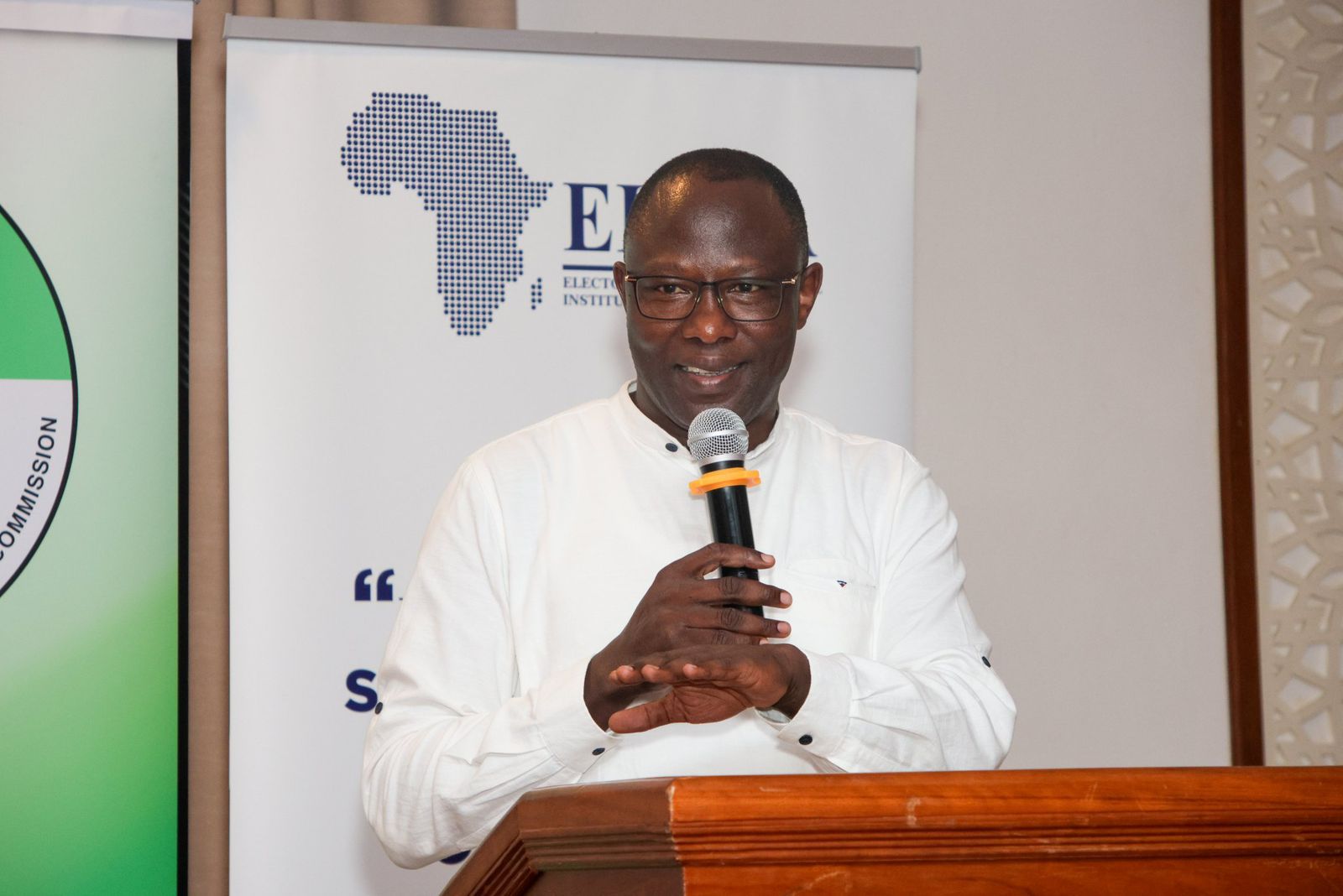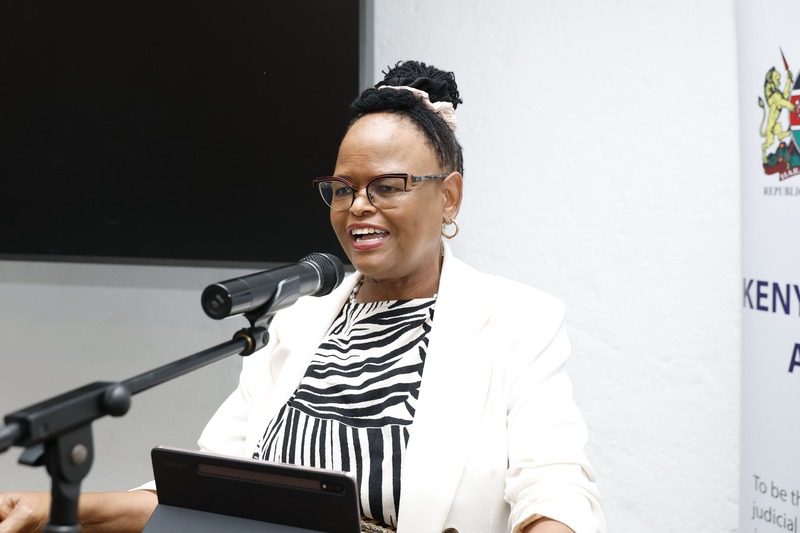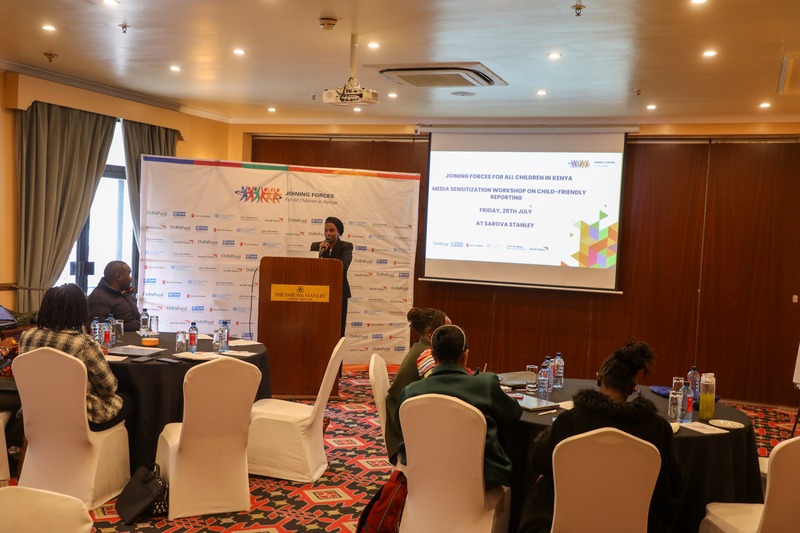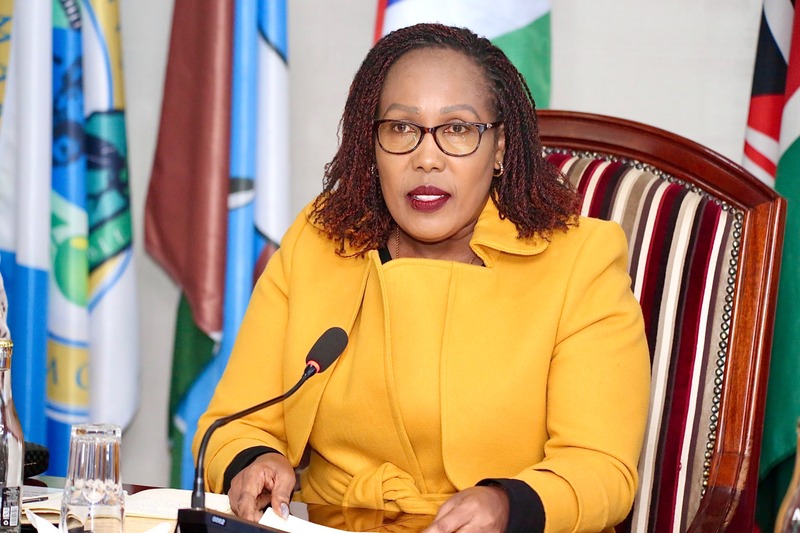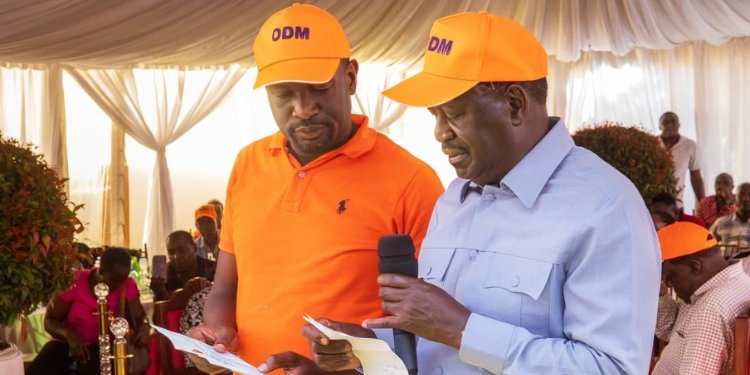EACC, ODPP barred from arresting, prosecuting Kiambu Governor Wamatangi
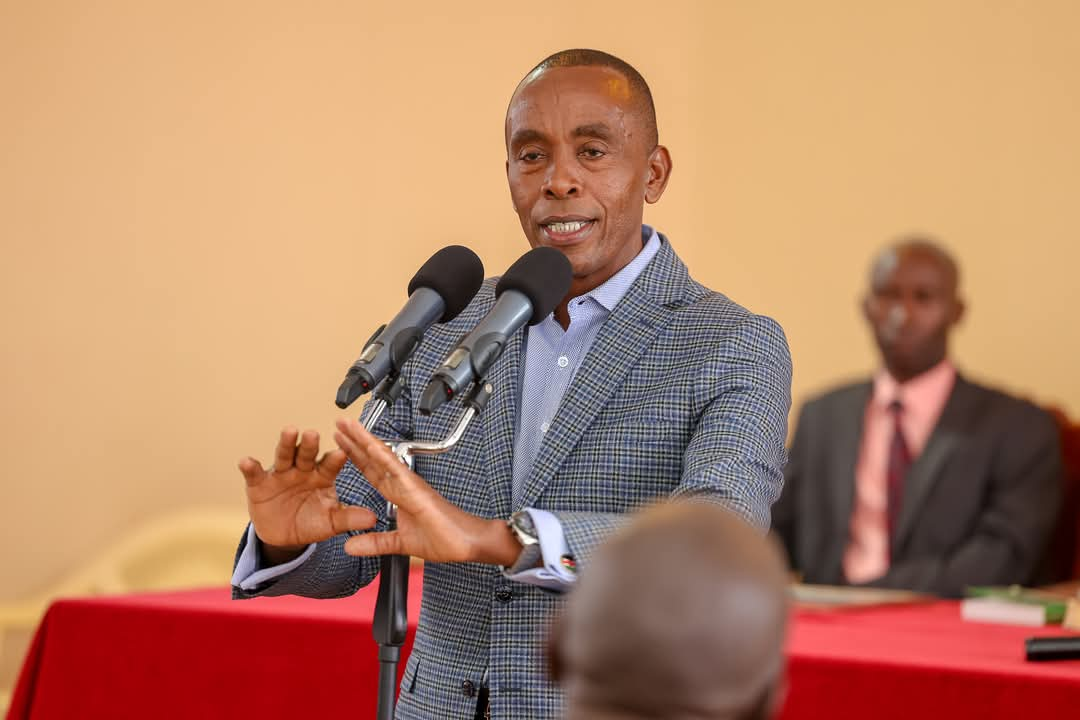
Justice Chacha Mwita directed the two agencies to refrain from taking any action against the governor until the determination of a petition filed under a certificate of urgency by his legal team.
The Ethics and Anti-Corruption Commission (EACC) and the Director of Public Prosecutions (DPP) have been barred from arresting or prosecuting Kiambu Governor Kimani Wamatangi in connection with an ongoing investigation, after the High Court issued a conservatory order in his favour.
Justice Chacha Mwita on Thursday directed the two agencies to refrain from taking any action against the governor until the determination of a petition filed under a certificate of urgency by his legal team.
More To Read
- Court declines to stop DCI, EACC from investigating Governor Wamatangi over alleged corruption
- Thika awaits Senate verdict on city status push
- Kiambu MCAs approve Thika's elevation to city status, report heads to Senate
- Tatu City owners accuse Kiambu governors of land grabs in exchange for permits — AFP report
- Voter moves to court seeking to stop police from arresting Kiambu Governor Wamatangi
- Governor Wamatangi says EACC raid was politically motivated, claims senior officer vowed to ‘make him dirty’
“A conservatory order is hereby issued restraining respondents from arresting and charging the petitioner based on the investigations undertaken in this matter until September 18, 2025,” the judge ruled.
In his ruling, Justice Mwita noted that while parts of the investigation were conducted under valid court orders, the ODPP had not yet made a decision on whether to prosecute. He made it clear that the court would not interfere with investigations unless there was evidence that the mandate was being exceeded.
“The court will not interfere with investigations unless it is shown that the process has exceeded its legal bounds,” he said.
The judge also cautioned against any violation of Governor Wamatangi’s constitutional rights, including his right to privacy and human dignity, during the probe.
Appearing for the governor, lawyer Arwa told the court that his client was being unfairly targeted and faced the risk of unlawful arrest and harassment, which would infringe on his fundamental rights.
However, EACC, through lawyer Ruto Murugi, opposed the issuance of conservatory orders, insisting that the commission was conducting legitimate investigations and had not subjected the petitioner to harassment or intimidation.
The ODPP, represented by Counsel Achochi, did not oppose the court’s decision to set a timeline for the filing of responses and submissions.
Justice Mwita directed the ODPP to respond to both the application and the petition within 14 days. The petitioner was granted an equivalent period to file any supplementary affidavits and written submissions, each limited to 10 pages. The respondents will also be required to file their submissions within 14 days thereafter.
The case will be mentioned on September 19, 2025, for further directions.
Top Stories Today
